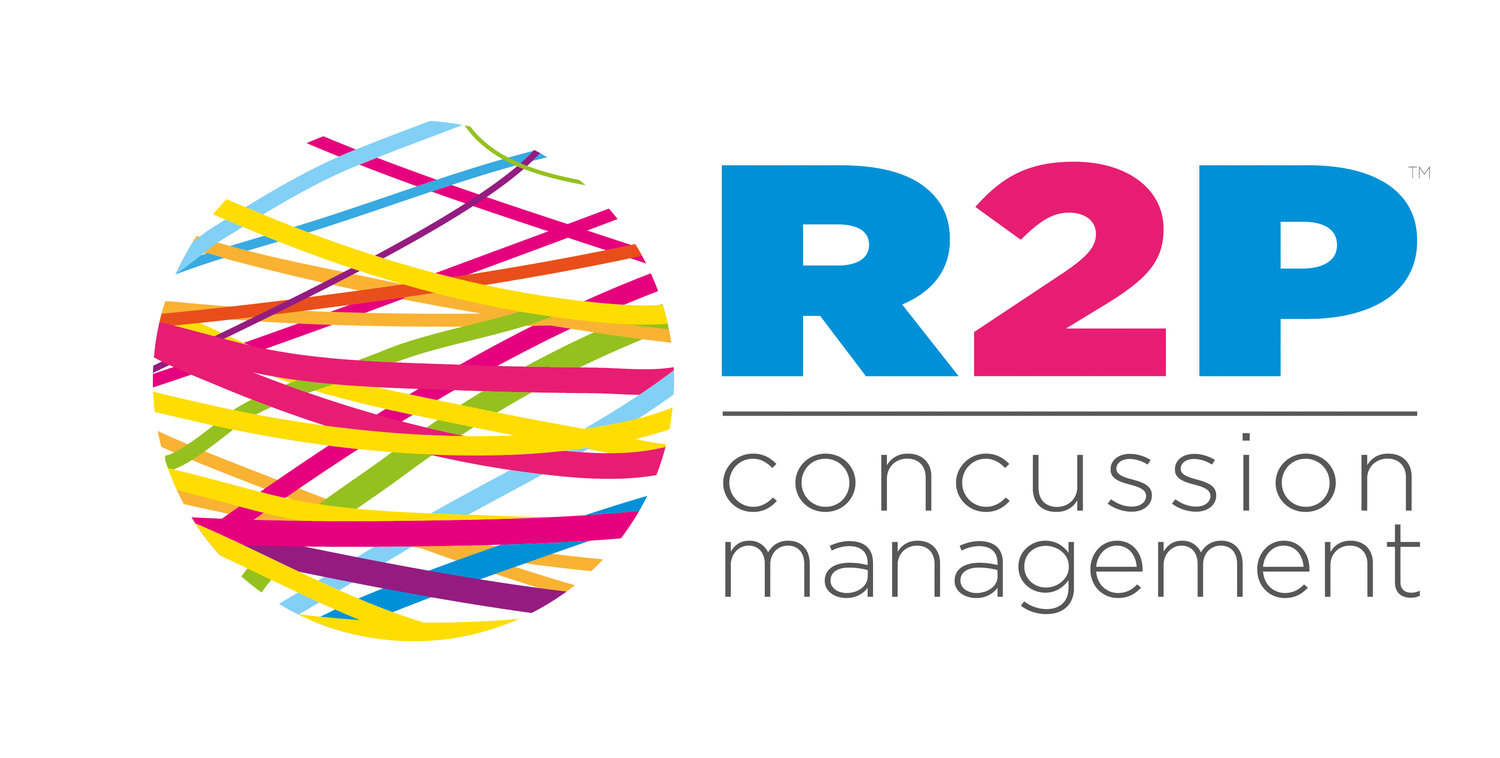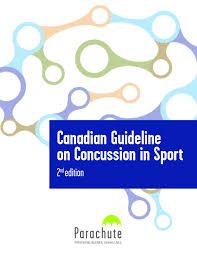Clinical Tools and Peer-Reviewed Publications
6th Conference on Concussion in Sport
Consensus statement on concussion in sport: the 6th International Conference on Concussion in Sport– Amsterdam, October 2022.
The new consensus statement builds upon on the principles outlined in previous documents and to develop further conceptual understanding of the problem of concussions using a formal consensus-based approach.
Living Concussion Guidelines
Guideline for Concussion & Prolonged Symptoms
for Adults 18 years of Age or Older
Ontario Ministry of Health has developed and released the Living Concussion Guidelines to enable health care practitioners to provide enhanced care for adults (18 years and older) who are living with the effects of the injury.
Living Guideline for Pediatric Concussions
The Living Guideline for Pediatric Concussion shares up-to-date clinical practice guideline recommendations and tools for preventing, diagnosing, and managing pediatric concussion.
The guideline provides sixty recommendations, along with sub-recommendations that provide more details, and are organized into a guideline website that has three sections:
A: Concussion Recognition, Initial Medical Assessment, and Management
B: Managing Symptoms
C: Biomarkers
Concussion Awareness Training Tool (CATT)
The Concussion Awareness Training Tool (CATT) includes toolkits providing training in the recognition, treatment and management of concussion for: 1) Medical Professionals; (2) Coaches; (3) Parent or Caregivers; (4) School Professionals; and (5) Players or Participants.
CATT is free, accessible and regularly updated with evidence-based information and resources. Each toolkit includes a self-paced learning module as well as tailored resources relevant to the specific audience.
Sport Concussion Assessment Tool - 6th edition (SCAT6)
This paper presents the Sport Concussion Assessment Tool 6th Edition (SCAT6), which is the most recent revision of a sport concussion evaluation tool for use by healthcare professionals in the acute evaluation of suspected concussion. The revision was based on a systematic review and synthesis of current research, public input and expert panel review as part of the 6th International Conference on Concussion in Sport held in Amsterdam in 2022. The SCAT6 is intended for use in those who are 13 years of age or older. The Child SCAT6 is a tool for those aged 5–12 years, which is discussed elsewhere.
Child Sport Concussion Assessment Tool - 6th edition (child SCAT6)
The Child Sport Concussion Assessment Tool 6th Edition (Child SCAT6) is the most recent version of this tool. The Sport Concussion Assessment Tool was introduced in 2004, following the 2nd International Conference on Concussion in Sport in Prague, Czech Republic. Following the 4th International Consensus Conference, held in Zurich, Switzerland, in 2012, the SCAT 3rd edition (Child SCAT3) was developed for children aged between 5 and 12 years. Research to date was reviewed and synthesized for the 6th International Conference on Concussion in Sport in Amsterdam, leading to the current revision of the test, the Child SCAT6.
CONCUSSION AWARENESS TRAINING TOOL - RETURN TO SPORT
The CATT Return to Sport tool is a guideline for managing an individual’s return to sport following a concussion and does not replace medical advice. Timelines and activities may vary by direction of a health care professional.
CONCUSSION AWARENESS TRAINING TOOL - RETURN TO SCHOOL
The CATT Return to School tool is a guideline for managing a student’s return to school following a concussion and does not replace medical advice. Timelines and activities may vary by direction of a health care professional.
The CATT Return to Work tool is a guideline for managing a student’s return to school following a concussion and does not replace medical advice. Timelines and activities may vary by direction of a health care professional.
Canadian Guideline on Concussion in Sport 2nd edition
The Canadian Guideline on Concussion in Sport 2nd edition has been developed to ensure that athletes with a suspected concussion receive timely and appropriate care, and proper management to allow them to return to their sport.
4 Characteristics of a good concussion clinic
Canadian Concussion Collaborative (CCC) released a guide to help parents and their children choose a good concussion clinic.
4 Characteristics of a Good Concussion Clinic is designed to help people who have persistent symptoms of a concussion (symptoms that are not clearly improving after a period of seven to 10 days) find a good concussion clinic. Many sport medicine clinics and concussion clinics offer concussion management and treatment. Before you choose one, be sure that care is provided by licensed health care practitioners and ask the questions described in this document.
Parachute
ThinkFirst Canada has joined with Safe Communities Canada, SMARTRISK, and Safe Kids Canada to create Parachute, a national, charitable organization dedicated to preventing injury and saving lives. Parachute’s injury prevention programming and advocacy efforts are designed to help Canadians reduce their risks of injury while enjoying long lives lived to the fullest.
The Parachute website brings together concussion content from the four legacy organizations, including ThinkFirst Canada.
Heads Up
Through Heads Up, the CDC has created free tools and materials for youth and high school sports coaches, parents, athletes, teachers, school nurses, and health care professionals that provide important information on preventing, recognizing, and responding to a concussion.
Brain Injury Canada
Brain Injury Canada (The Brain Injury Association of Canada) was formed in 2002 after a groundswell of advocacy and national activity by local brain injury associations, survivors and caregivers across the country.
All agreed that the movement needed a national voice and national facilitator to connect and support the movement across Canada.
Brain Injury Canada was formed with mission to “improve the quality of life for those living with a brain injury, and their caregivers.”















